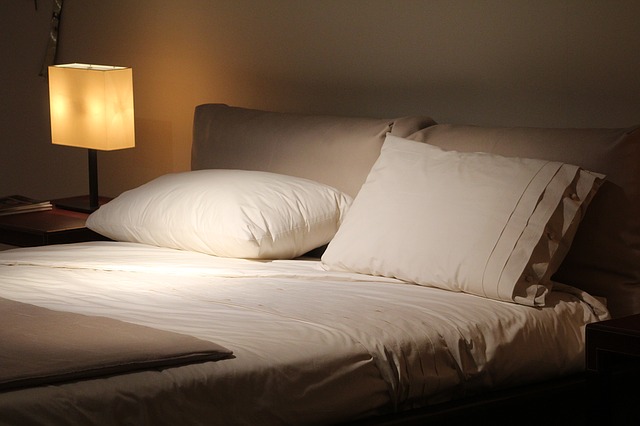Many factors can interfere with getting a peaceful night’s sleep. The good news is, many times making small changes in your habits can help relieve sleep problems. Other causes of sleep difficulties, however, might require a medical evaluation and treatment. It’s important to speak with your doctor if you think you might have a sleep disorder, or if in spite of making changes you still can’t get enough sleep.
If a health issue isn’t at the root of your problem, you might find that cleaning up your sleep hygiene will help you get better sleep. Here are some common tweaks that often work wonders.
- Change Your Routine
Many people often find relief by simply changing their daily routine so they don’t expose themselves to stimulants like caffeine, exercise, or TV too close to bedtime. Turning off the TV 30 minutes or so before going to bed, nixing soda or coffee with dinner, or moving up your workout time might be all you need to help your body settle down faster so you can fall off to sleep.
- Have a Bedtime Ritual
In addition to avoiding stimulating activities and beverages, having a calming routine before going to bed also helps get a good night’s sleep. For example, taking a warm bath or shower helps your body and mind relax and unwind after a hectic day.
- Keep Your Bedroom a Stress Free Zone
Maintaining a dark, quiet, and cool bedroom promotes relaxing sleep. Keeping stressful activities out of your bedroom also helps. Avoid doing things like paying bills or working on the computer while sitting in bed. Studies also show us that spending time on your phone or tablet before bedtime can disrupt your sleep, even if you’re not doing work. If your phone tempts you to take a look at it, leave it out of the bedroom.
- Don’t Try to Force It.
Lying in bed trying to force yourself to go to sleep can also be stressful. If you haven’t fallen asleep after 20 minutes, get out of bed and do something relaxing, like read a book. When you start to feel sleepy get back in bed. It’s important to get out of bed, even if you’re going to read. You want to train your body that the bed is for sleeping.
- Do a Brain Purge
If you find your mind racing about all you have to do the next day, try writing everything down before getting in bed. The goal isn’t to write a huge to do list that will further stress you out, so don’t worry about the logistics of whether or not you can get it all done. You’re simply writing it down to get everything out of your brain. This can calm your mind, and therefore your body, and help you fall off to nice, deep, sleep.
© 2016, Dr. Donna L. Hamilton
- 10 Quick, Easy Holiday Self-Care Tips - December 15, 2017
- Health Benefits of Kindness and Compassion - June 3, 2017
- Why Self-Care is Good for Your Health - May 10, 2017






